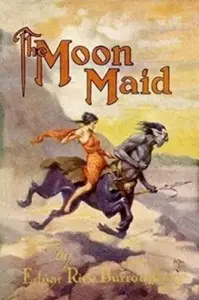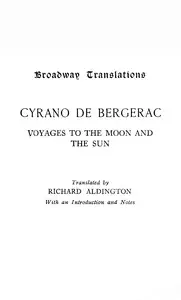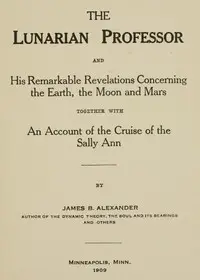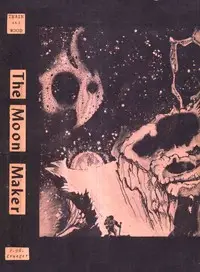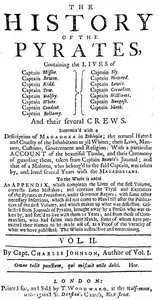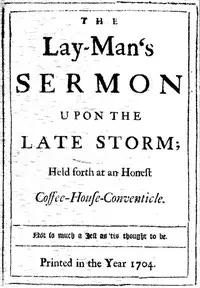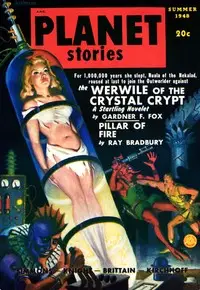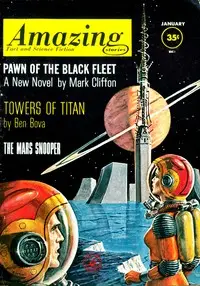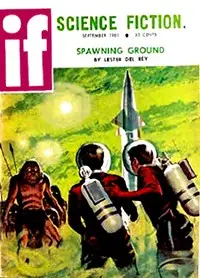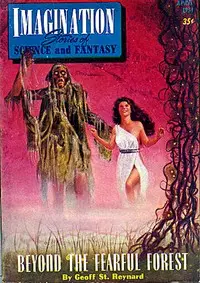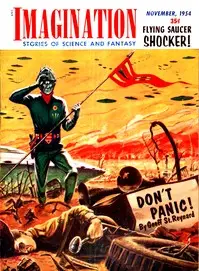"The Consolidator; or, Memoirs of Sundry Transactions from the World in the Moon" by Daniel Defoe is a satirical adventure where an explorer journeys to the Moon and interacts with its inhabitants, examining wisdom, foolishness, and human endeavors while comparing lunar society with European norms. The book showcases a Muscovian ruler's advancements through European inspired improvements and trade connections with China, the narrator suggests a wealth of knowledge and culture exists in China that presents a stark contrast to Europe's limitations and perceived ignorance. The narrator hints at a vast collection of Chinese literature, rich in technical and philosophical insights, which they intend to investigate. The traveler uncovers advanced knowledge, customs, drawing insightful parallels between societies and critiquing the limitations of European thought while presenting an earnest desire to uncover truths about knowledge, politics, and the human condition.

The Consolidator; or, Memoirs of Sundry Transactions from the World in the Moon
By Daniel Defoe
Venture to the Moon where societies are compared, wisdom is questioned, and the nature of humanity is unraveled through a traveler's extraordinary discoveries.
Summary
About the AuthorDaniel Defoe was an English novelist, journalist, merchant, pamphleteer and spy. He is most famous for his novel Robinson Crusoe, published in 1719, which is claimed to be second only to the Bible in its number of translations. He has been seen as one of the earliest proponents of the English novel, and helped to popularise the form in Britain with others such as Aphra Behn and Samuel Richardson. Defoe wrote many political tracts, was often in trouble with the authorities, and spent a period in prison. Intellectuals and political leaders paid attention to his fresh ideas and sometimes consulted him.
Daniel Defoe was an English novelist, journalist, merchant, pamphleteer and spy. He is most famous for his novel Robinson Crusoe, published in 1719, which is claimed to be second only to the Bible in its number of translations. He has been seen as one of the earliest proponents of the English novel, and helped to popularise the form in Britain with others such as Aphra Behn and Samuel Richardson. Defoe wrote many political tracts, was often in trouble with the authorities, and spent a period in prison. Intellectuals and political leaders paid attention to his fresh ideas and sometimes consulted him.

